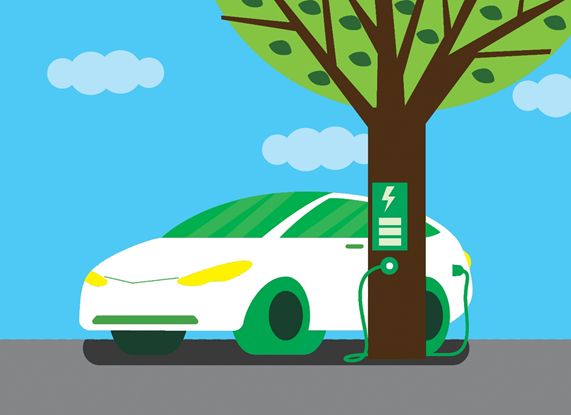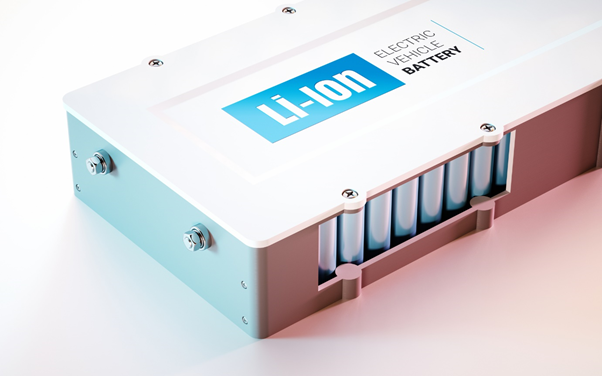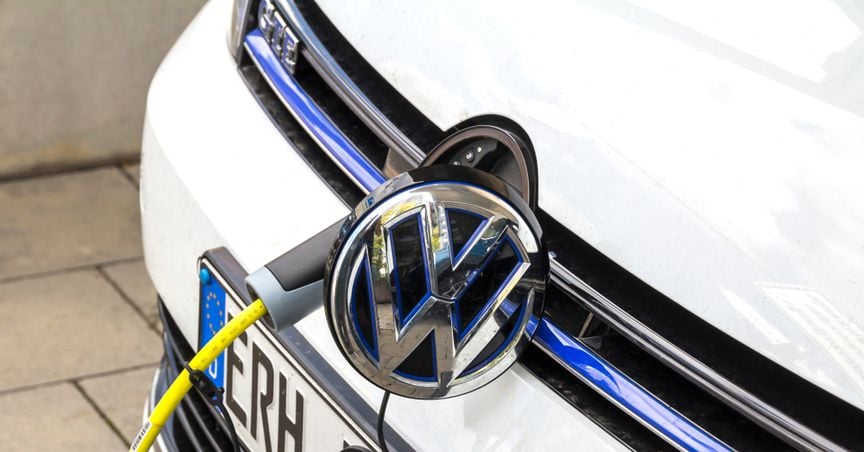Summary
- Growing concerns around sustainable modes of transportation are compelling leading automakers to take initiatives that are boosting electric vehicles demand.
- German auto giant Volkswagen is planning to focus more on electric vehicles and has proposed to stop selling combustion engines cars across Europe by 2035.
- The Wolfsburg-headquarter manufacturer has been actively engaged in promoting activities related to the shift towards electric vehicles.
While the race to launch affordable and attractive electric cars seems to have started only recently, the technological progress in the electrification of vehicles and expanding demand is already charming car manufacturers worldwide.

Copyright © 2021 Kalkine Media
Moreover, the supportive policies and technology advancements result in the significant expansion of the global electric vehicle (EV) fleet. As a result, global car manufacturers are rolling out plans and taking initiatives to facilitate the shifts to EVs.
ALSO READ: Why are electric cars bad for the environment?
Volkswagen’s shift towards EVs
Leading auto industry manufacturers are working against the clock for the successful roll-out of electric cars through 2030 and beyond.
Renowned German carmaker Volkswagen is also eyeing the shift to electric vehicles and has shared its plan to scrap combustion engine sales in Europe by 2035. The US and Chinese markets are likely to be the next target markets.
INTERESTING READ: Volkswagen Enters EV Space, Set To Unveil ID.4 GTX Model

Copyright © 2021 Kalkine Media
According to Reuters, the Company also plans to implement the same policy across South American and African countries, although there are major challenges related to political and infrastructure framework.
Despite these challenges, Volkswagen anticipates that the Company’s fleet shall become CO2-neutral by 2050 at the most.
EU policymakers have had a crackdown on exhaust emissions, with carmakers compelled to stimulate the advancement of low-emission technology or face financial consequences if CO2 emission norms are violated.
Related initiatives by Volkswagen
Volkswagen is targeting achieving 70% of the total sales from electric cars by 2030. The Company believes that this would help prepare for a possible reinforcement of the climate targets of the European Union and even surpass them.
ALSO READ: Here’s why net zero-emission is a pressing priority
Besides this, Volkswagen’s latest move of contributing a whopping US$620 million in a financing round of its Sweden-based battery partner Northvolt AB indicates Volkswagen’s intentions to safeguard the ramp-up of electric vehicle production in Europe.
Volkswagen is also a part of the “Responsible Lithium Partnership” along with several other companies. The partnership across diverse industry players aims to work towards responsible management of natural resource containing lithium in Salar de Atacama, Chile.
ALSO READ: How Volkswagen, Volvo, And Likes Are Moving Towards EVs For A Cleaner Future

Source: © Malpetr | Megapixl.com
Overall, the ambitious policy announcements have played a critical role in accelerating the electric-vehicle roll-out across key vehicle markets in recent years.
Undoubtedly, the initiatives and policies are strengthening the shift towards electric vehicles in an economically sustainable manner. These are further indicative of clear, long-term signals of support for growth in the auto industry.
GOOD READ: Electric Vehicles Then & Now: Tracing The Near 200-Year History



